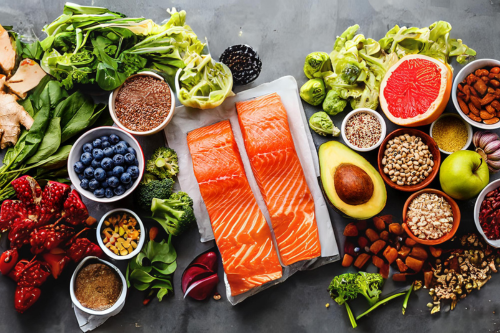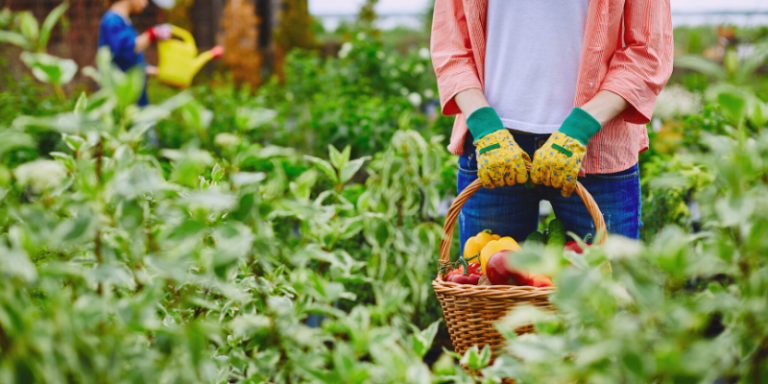Agriculture has always been the backbone of Pakistan’s economy, with a majority of the population relying on it for their livelihood. Women’s participation in agriculture has always been significant, but their contributions have often been overlooked or undervalued. However, there is growing recognition of the vital role that women play in agriculture, and their empowerment in this sector is crucial for sustainable development in Pakistan.
The Need for Women’s Participation in Agriculture
Women have always played a vital role in agriculture in Pakistan. They work on farms, care for animals, and contribute to the family income through the sale of crops and other agricultural products. However, despite their significant contribution, women’s participation in agriculture has been undervalued and undercounted. Women face a host of challenges, including lack of access to land, credit, and other resources necessary for successful farming. Additionally, cultural and social norms often limit women’s mobility and restrict their participation in decision-making processes related to agriculture.

Women’s Empowerment in Agriculture
Women’s empowerment in agriculture is essential for sustainable development in Pakistan. Empowerment means providing women with the tools, resources, and support they need to participate fully in agriculture and make informed decisions about their lives. This includes access to credit, land, and other resources necessary for successful farming. Empowered women are better able to manage their farms, increase productivity, and contribute to the family income.
In addition to the economic benefits of women’s empowerment in agriculture, there are also social and environmental benefits. Empowered women are more likely to invest in the education and healthcare of their children, which can have a significant impact on the well-being of their families and communities. Moreover, women often have a greater appreciation for the environment. They adopt sustainable farming practices, which can have a positive impact on the environment.
Challenges to Women’s Empowerment in Agriculture
Despite the benefits of women’s empowerment in agriculture, there are many challenges to achieving this goal in Pakistan. One of the most significant challenges is the lack of access to credit and other financial resources. Women are often unable to secure loans due to a lack of collateral or credit history. Additionally, women often face discrimination when accessing credit, as lenders may view them as a higher risk than men.
Another challenge is the lack of access to land. Women are often unable to own or inherit land due to cultural and legal barriers. This limits their ability to participate fully in agriculture and reduces their economic opportunities. Furthermore, women often face limited mobility and social restrictions that limit their ability to access markets and participate in decision-making processes related to agriculture.
The Way Forward
It is necessary to put a number of strategies into action to promote women’s empowerment in agriculture. Priority should be given to developing policies and programmes that enable women access to the credit, land, and other resources required for successful farming. Second, it’s important to address social and cultural norms that restrict women’s mobility and prevent them from participating in decision-making. Finally, programmes for education and training must be put in place to guarantee that women have the knowledge and abilities needed to successfully manage their farms.
Conclusion
Women’s participation in agriculture and their empowerment are crucial for sustainable development in Pakistan. Women make significant contributions to agriculture but face many challenges that limit their full participation. To promote women’s empowerment in agriculture, policies and programs must be designed to provide women with access to credit, land, and other resources necessary for successful farming. Additionally, social and cultural norms that limit women’s mobility and restrict their participation in decision-making processes must be addressed. Ultimately, empowering women in agriculture is not only a matter of gender equality but is also essential for achieving sustainable development goals in Pakistan.
For more Amazing and Unique information and Posts Visit our Home page... If you have any suggestions or information feel free to share with us ….







I was looking at some of your blog posts on this website and I think this web
site is rattling instructive! Keep putting up.